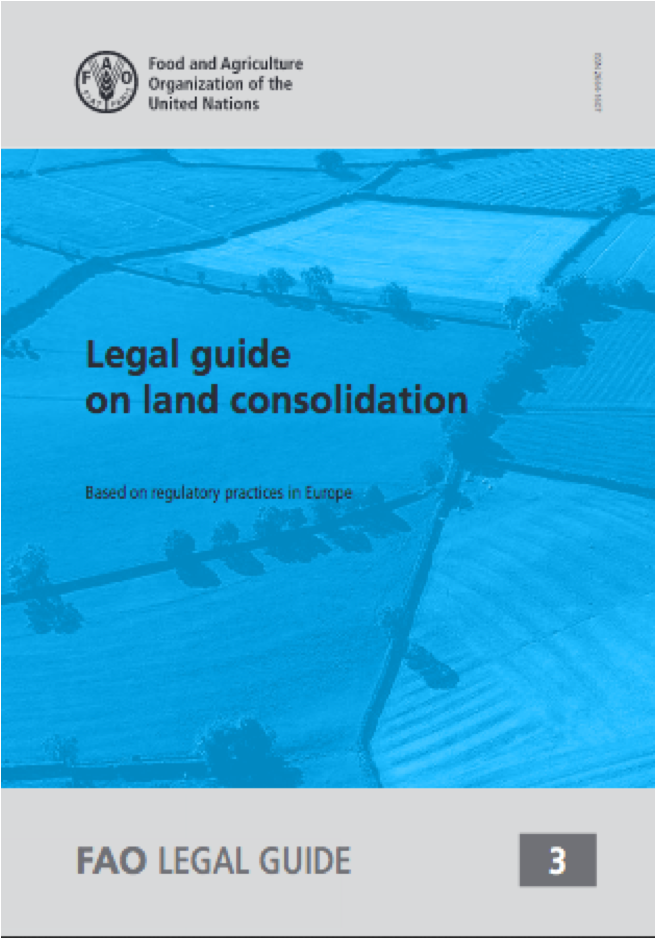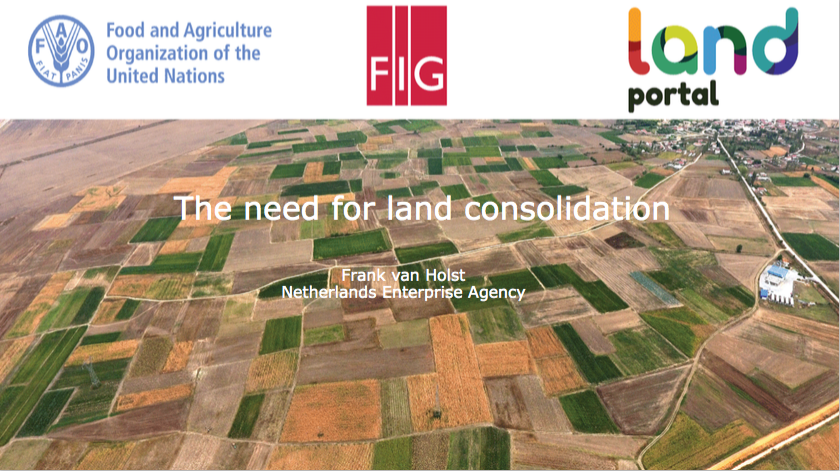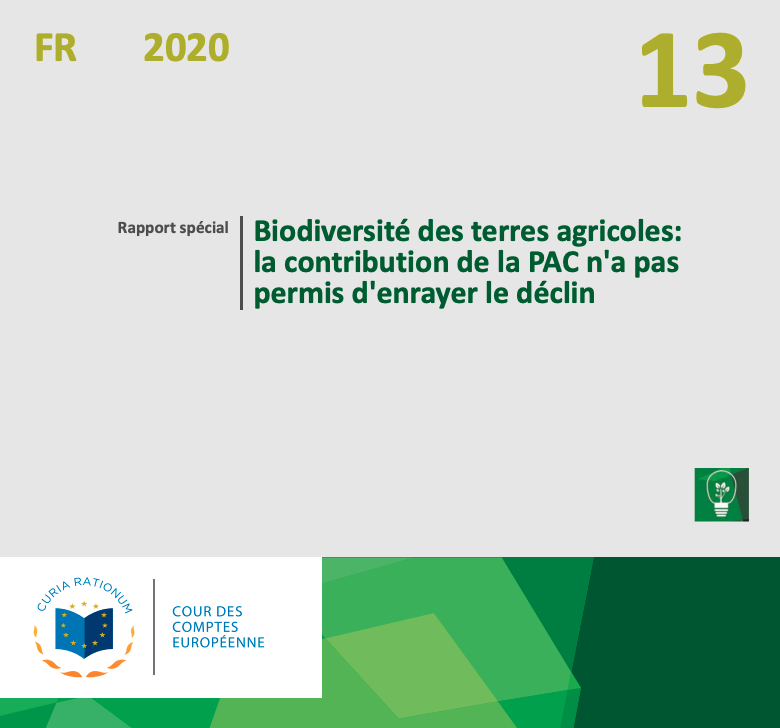The significance of different realms of value for agricultural land in Sweden
The demand for additional agricultural land is expected to rise by approximately 50 per cent by 2050 on a global level, and agricultural land of high quality needs to be preserved to ensure future food security. However, agricultural land per capita is decreasing. One of the main reasons for this in the EU and globally is the building of houses or infrastructure on agricultural land. There is a possibility that the Swedish agricultural sector will grow in the future and supply more regions than its own territory with food due to, e.g., climate change.










